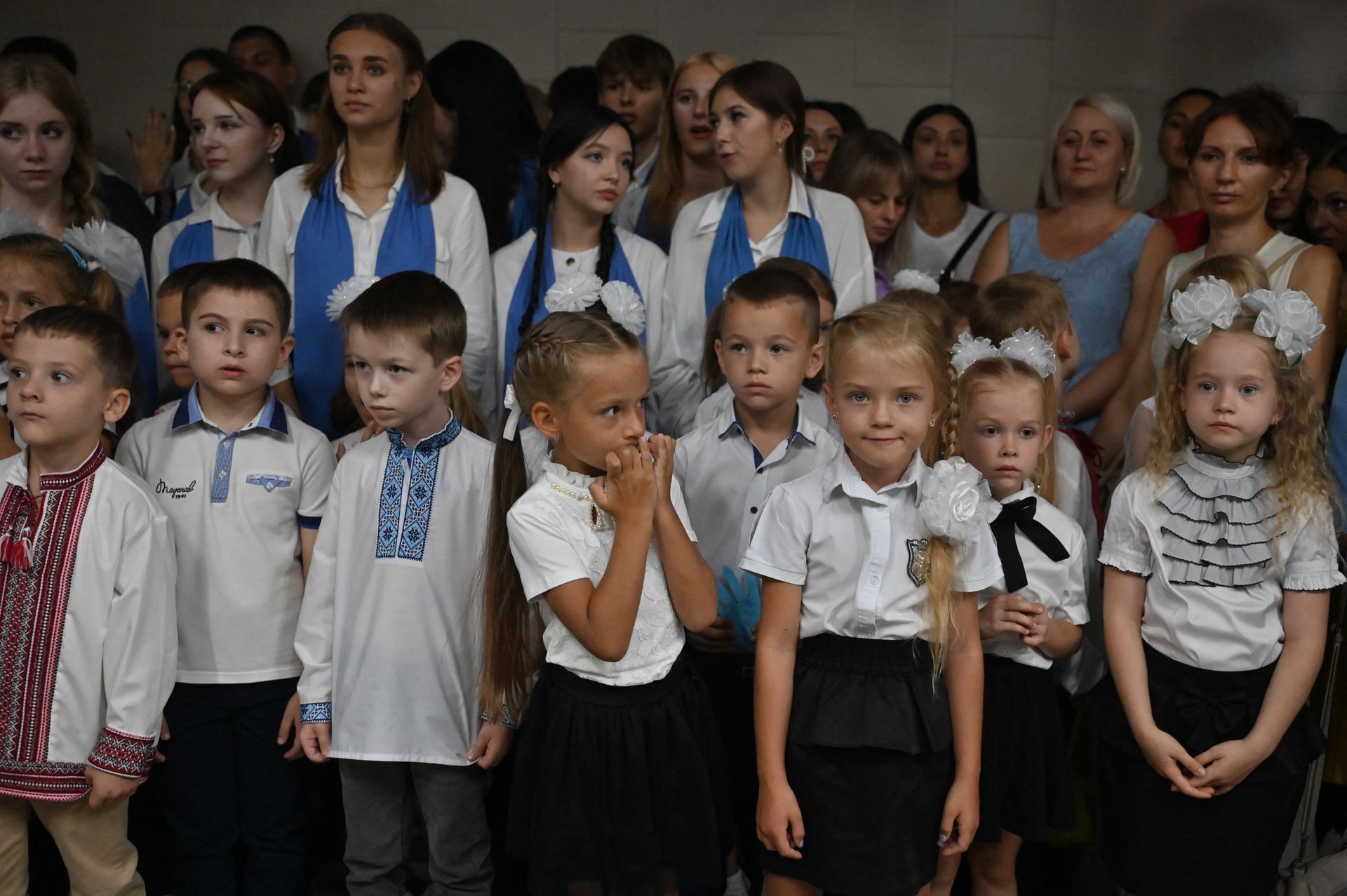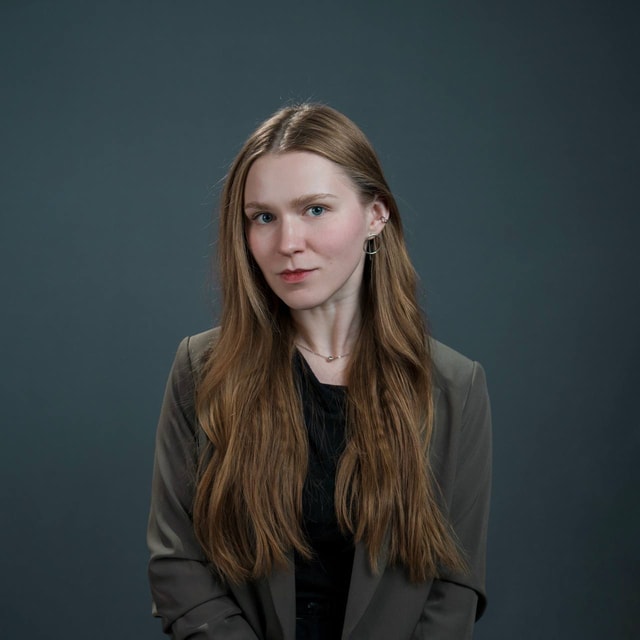New Ukrainian bill sparks fears of censorship among journalists as parliament denies risks

Lawmakers vote during a plenary session in the Verkhovna Rada in Kyiv, Ukraine, on March 11, 2025. (Andrii Nesterenko / Global Images Ukraine via Getty Images)
Ukrainian journalists and media experts sounded the alarm over a new legislative proposal they believe could open the door to censorship.
A bill initiated by lawmakers from President Volodymyr Zelensky's party and those from the opposition was registered in parliament on Sept. 21. In short, it proposes changes to Ukraine's Civil Code.
Although the bill is framed as a move to strengthen human rights, media experts argue that it could actually have the opposite result for Ukraine's media. While the draft law doesn't specifically target freedom of speech and journalists, it affects a range of personal non-property rights, including the right to information and the procedure for refuting false information.
"This bill could hinder the work of many journalists in Ukraine, as nearly every critical publication could become grounds for a lawsuit."
"This will definitely affect the media, but whether it will be positive or negative remains to be seen," Yaroslav Yurchyshyn, head of the parliamentary committee on freedom of speech, told the Kyiv Independent.
Yurchyshyn co-sponsored the bill, but later withdrew his signature after it drew criticism.
Ukrainian investigative media outlet Bihus.Info said that the proposed legislation increases legal liability for critical publications and "could put the existence of investigative journalism at risk."
"This bill could hinder the work of many journalists in Ukraine, as nearly every critical publication could become grounds for a lawsuit," the outlet wrote on Sept. 23.
According to it, the bill suggests automatically labeling information as false if it hasn't been confirmed by a court ruling and could allow penalties for expressing personal opinions.
It also proposes letting individuals seek "moral compensation" for criticism if they feel that certain value judgments have harmed their dignity or reputation.
Additionally, lawmakers suggest permitting the removal of content, even if factually correct, if it is deemed "outdated" or "no longer of public interest." The bill, however, does not define these terms.
Ukrainian media watchdog Institute of Mass Information (IMI) concluded that the bill includes "excessively strict" requirements for media and poses risks of censorship and self-censorship.
According to IMI experts, the bill expands the use of prior censorship, meaning it could allow content to be blocked before it's even published. The bill also allows blocking access to content as a form of censorship or in response to alleged violations of "personal rights," which may lead to pressure aimed at forcing the removal of content, the watchdog said.
"The proposed changes will strengthen the position of individuals who abuse the procedures for refuting false information and protecting honor and dignity as a way to shield themselves from well-founded accusations made by journalists," said Volodymyr Zelenchuk, IMI's lawyer.
In response to the criticism, Ruslan Stefanchuk, the parliament speaker and one of the authors of the bill, released a statement rejecting the media's concerns. He said it does not pose any risk to journalists or freedom of speech.
Oleksa Shalayskyi, Ukrainian journalist and co-founder of the investigative project Nashi Hroshi, argued that the draft law treats any allegation of corruption as false unless backed by a court ruling, “and therefore must be retracted.”
Stefanchuk said he is open to meeting with journalists in October to discuss the draft law and work toward a common solution.
This is not the first bill to raise alarm within the media community over the past year.
In late 2024, the Ukrainian parliament considered a controversial bill proposing up to eight years of imprisonment for accessing or disseminating confidential information during martial law. In the end, it failed to pass.
"Whether this is a deliberate policy, I'm not ready to judge," Yurchyshyn said, commenting on alleged attempts to pressure journalists.
He believes that excluding the media from the process of drafting legislation that could affect freedom of speech is "a mistake."
"If they had been involved early on, many conflicts could have been avoided," the lawmaker said.










